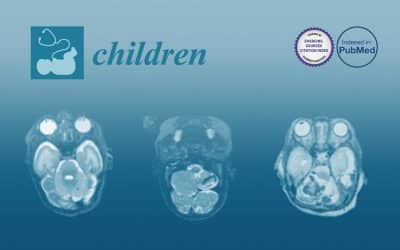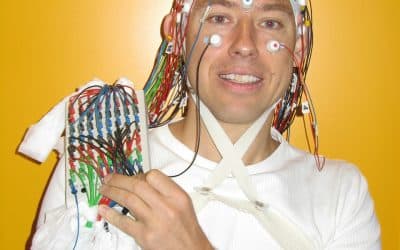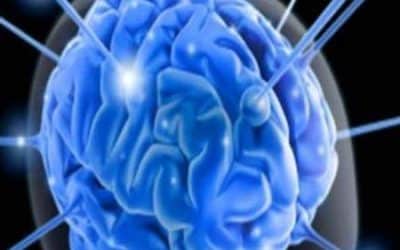Abstract A 26-year-old student reports feeling very anxious when giving a presentation, taking an examination, or meeting an authority figure. In these situations, he has palpitations, tremors, blushing, and sweating, and he is fearful that he will embarrass himself....
Neurofeedback
The Effects of Magnesium Supplementation on Subjective Anxiety and Stress-A Systematic Review
Abstract Background: Anxiety related conditions are the most common affective disorders present in the general population with a lifetime prevalence of over 15%. Magnesium (Mg) status is associated with subjective anxiety, leading to the proposition that Mg...
Mind-Body Interventions for Pediatric Inflammatory Bowel Disease
Abstract Pediatric inflammatory bowel disease is an autoimmune disease that causes chronic inflammation of the gastrointestinal mucosa. There is emerging evidence that the brain-gut connection affects inflammatory bowel disease (IBD) patients more than previously...
EEG-Neurofeedback as a Tool to Modulate Cognition and Behavior: A Review Tutorial
Abstract Neurofeedback is attracting renewed interest as a method to self-regulate one's own brain activity to directly alter the underlying neural mechanisms of cognition and behavior. It not only promises new avenues as a method for cognitive enhancement in healthy...
The impact of essential fatty acid, B vitamins, vitamin C, magnesium and zinc supplementation on stress levels in women: a systematic review
Abstract Background: Women juggling multiple roles in our complex society are increasingly experiencing psychological stress. Dietary supplementation to manage stress is widespread despite limited supporting evidence. A systematic review of the available literature...
Peripheral Inflammatory Cytokines and Immune Balance in Generalised Anxiety Disorder: Case-Controlled Study
Abstract Introduction: Previous investigations have demonstrated that major depression is associated with particular patterns of cytokine signalling. The primary aim of this study was to examine peripheral pro-inflammatory and anti-inflammatory cytokines and immune...
A Randomized Controlled Study of Neurofeedback for Chronic PTSD
Abstract Introduction: Brain/Computer Interaction (BCI) devices are designed to alter neural signals and, thereby, mental activity. This study was a randomized, waitlist (TAU) controlled trial of a BCI, EEG neurofeedback training (NF), in patients with chronic PTSD to...
Neurofeedback: A Comprehensive Review on System Design, Methodology and Clinical Applications
Abstract Neurofeedback is a kind of biofeedback, which teaches self-control of brain functions to subjects by measuring brain waves and providing a feedback signal. Neurofeedback usually provides the audio and or video feedback. Positive or negative feedback is...
Efficacy of Neurofeedback Versus Pharmacological Support in Subjects with ADHD
Abstract Behavioral training in neurofeedback has proven to be an essential complement to generalize the effects of pharmacological support in subjects who have attention deficit with hyperactivity disorder (ADHD). Therefore, this investigation attempts to analyze the...









